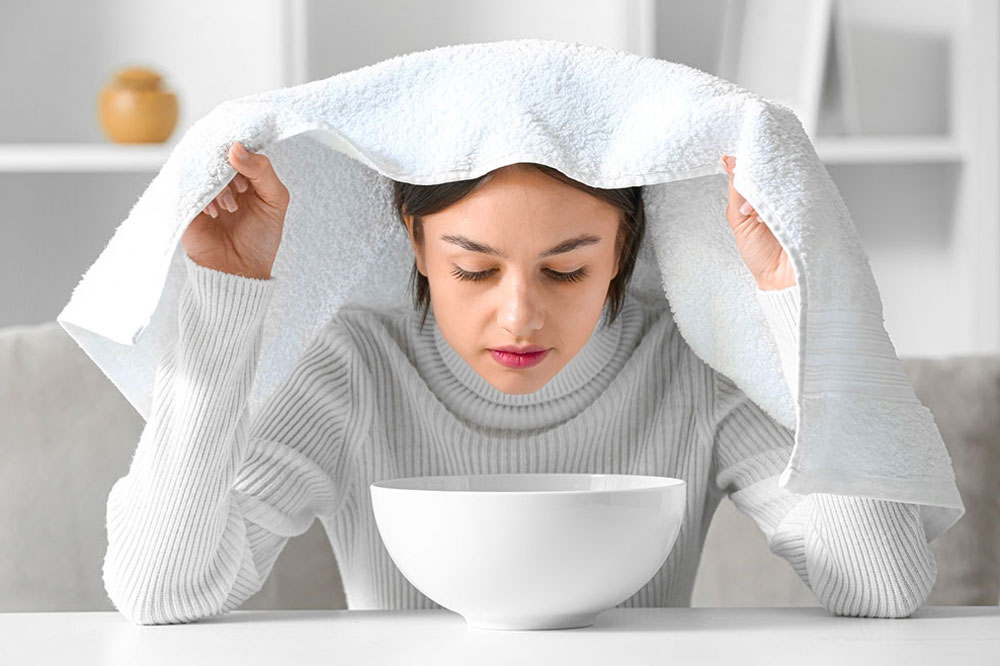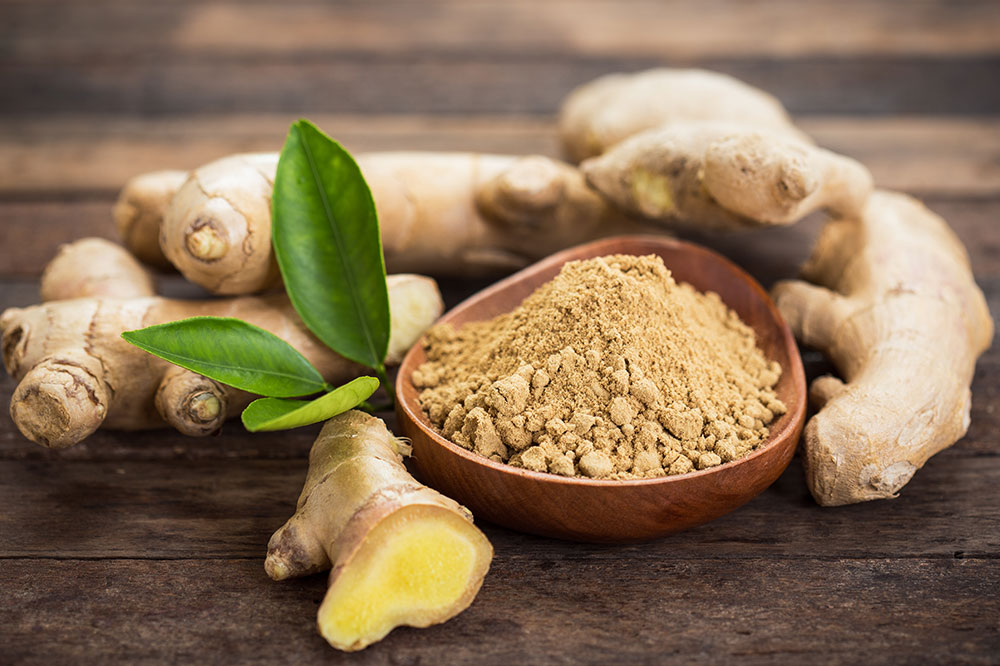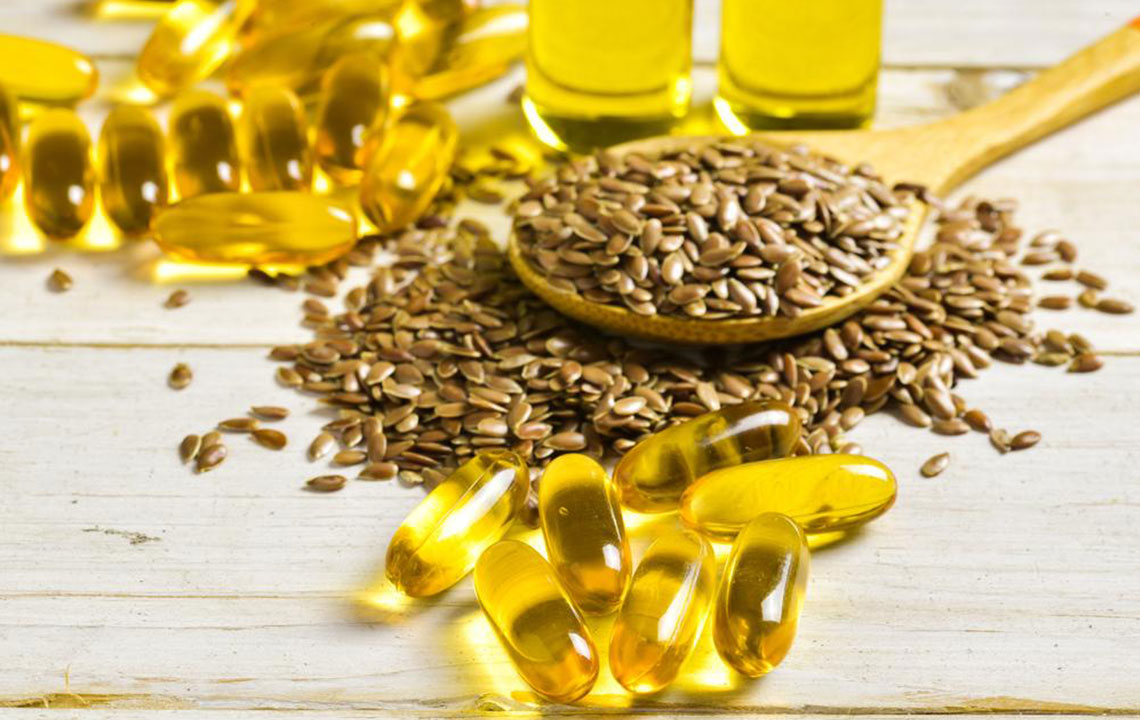Effective Natural Remedies for Managing Nasal Polyps and Improving Sinus Health
Explore effective natural remedies for managing nasal polyps and enhancing sinus health in this comprehensive guide. Learn about dietary strategies, herbal supplements, and lifestyle tips to reduce inflammation, boost immunity, and improve breathing naturally. Suitable for those seeking non-invasive methods to control nasal polyps and maintain sinus wellness.

Comprehensive Natural Strategies to Alleviate Nasal Polyps
Nasal polyps are soft, teardrop-shaped growths that develop within the nasal passages and sinus linings. These benign but often troublesome formations can cause nasal congestion, breathing difficulties, and impair overall sinus health. Affecting approximately 3-4% of the population, nasal polyps are typically linked to chronic inflammation, allergic reactions, and respiratory infections. While conventional medical treatments such as antihistamines, corticosteroids, and surgical removal are effective, many individuals seek natural remedies to manage symptoms and potentially reduce polyps' size and recurrence.
Incorporating natural approaches can complement traditional therapies and promote long-term sinus health. These methods focus on reducing inflammation, boosting immunity, and maintaining healthy nasal and sinus tissues through dietary choices, herbal supplements, and lifestyle adjustments. Here are several well-supported natural strategies to help control nasal polyps:
Turmeric and Curcumin
Turmeric, a bright yellow spice widely used in cooking and traditional medicine, contains curcumin, a powerful anti-inflammatory compound. Curcumin helps soothe sinus swelling often caused by polyps and reduces inflammation in nasal tissues. Additionally, curcumin's immune-boosting properties can help the body fend off infections that might exacerbate polyp growth. For optimal benefits, turmeric can be added to meals, or taken as a supplement after consulting a healthcare provider.
Cayenne Pepper and Capsaicin
Cayenne peppers are rich in capsaicin, a compound known for its pain-relief and anti-inflammatory properties. The peppers also contain essential nutrients like vitamins B6, C, E, beta carotene, manganese, and potassium, which support overall immune health. Consuming cayenne can help combat allergic reactions and reduce sinus inflammation, leading to relief from nasal congestion. Incorporating cayenne into foods or teas can be a simple way to harness its therapeutic effects, but caution is advised for those with sensitive stomachs.
Probiotics and Gut Health
Maintaining a healthy gut flora is essential for a balanced immune system and optimal mucosal function. Probiotic-rich foods such as sauerkraut, kimchi, kefir, and tempeh introduce beneficial bacteria that support immune responses, potentially reducing inflammatory processes in the sinuses. Pairing these with high-fiber foods like sweet potatoes, chia seeds, and oats can further promote gut and sinus health, lowering the risk of polyp development.
Bromelain from Pineapple
Pineapple contains bromelain, a potent enzyme with anti-inflammatory and mucolytic properties. Bromelain can help alleviate sinus congestion, improve immune response, and reduce swelling in nasal tissues. Consuming fresh pineapple or pineapple juice regularly may assist in managing symptoms and preventing the progression of polyps, especially when combined with other natural remedies.
Garlic and Its Antimicrobial Benefits
Garlic has been used for centuries as a medicinal food due to its allicin content, which exhibits antimicrobial, antifungal, and anti-inflammatory effects. Including raw or cooked garlic in your diet can help fight bacterial and fungal infections, commonly associated with sinus issues and nasal inflammation. Regular consumption can strengthen immune defenses and contribute to maintaining clear nasal passages.
Steam Inhalation and Humidification
Moistening nasal passages through steam inhalation can help break down mucus, relieve congestion, and promote healing of inflamed tissues. Using a bowl of hot water with added essential oils like eucalyptus or peppermint enhances the therapeutic effect. Humidifiers in living spaces keep nasal passages consistently moist, reducing the likelihood of dryness and irritation that can worsen nasal polyps.
Hydration and Mucus Management
Staying well-hydrated is vital for mucus viscosity and overall sinus health. Drinking plenty of water thins mucus, making it easier to drain from nasal passages and less likely to obstruct airflow. Proper hydration also supports tissue repair and immune function, aiding in the natural management of nasal polyps.
Implementing these natural remedies can provide a holistic approach to managing nasal polyps, potentially minimizing reliance on medications and invasive procedures. However, it is essential to consult with a healthcare professional before starting any new supplement or treatment program, especially if you have underlying health conditions or are on medication. Combining these natural strategies with conventional treatments may offer the best outcomes for improving sinus health, reducing inflammation, and preventing future growths.





